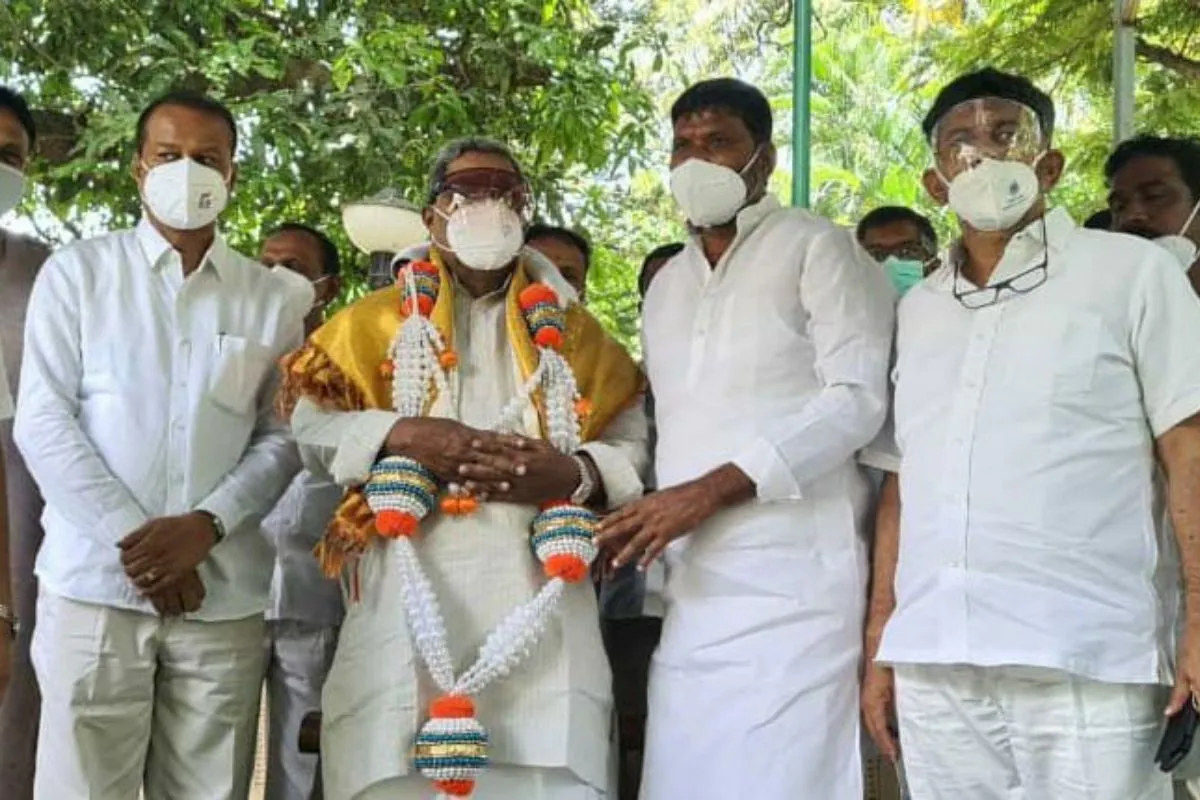The mere outlawing of untouchability and other egregious caste atrocities have not put an end to discrimination, but what was overt has now become systemic, Supreme Court judge Justice D Y Chandrachud has said.
“Over 70 years after the Constitution came into force, many argue that caste-based discrimination no longer exists merely because untouchability and other egregious caste atrocities have been outlawed. However, a close look at our society and its constituted system reveals the existence of entrenched structures which are also proxies for upholding casteist, able-ist and gendered hierarchies,” Justice Chandrachud said at the launch of the Community for the Eradication of Discrimination in Education and Employment (CEDE), a network of lawyers, law firms, judges, and other organisations and individuals, working towards reforming the legal profession.
The virtual event was held on Wednesday.
He said, “Discrimination is built into their operation. This may not play out directly as oppression and segregation, but it continues to perpetuate a similar effect. Hence the overt discrimination has now become systemic.”
Justice Chandrachud recalled that he had “explored and studied this issue” in a judgment last month regarding permanent commission for women officers in the Army, which was an offshoot of its February 2020 decision in The Secretary, Ministry of Defence v. Babita Puniya & Others case, in which the court had directed the government to ensure that women Short Service Commission officers are given permanent commission in the Army, including command postings.
“Even after the decision in Babita Puniya, a sizeable number of these women had to knock at the doors of SC on the methodolgy through which permanent commission was to be granted to these women officers,” he said. “Authorities argued that they were merely applying the same medical and evaluation criteria as applicable to the male officers…” but the court found that “a case of indirect discrimination” was made out.
“Discrimination translates into inferior gender roles for women, underpaid and exploitative jobs for Bahujans, and poverty, marginalisation and isolation for persons with disabilities,” he said.
Justice Chandrachud said that “the legal fraternity, in its fragmented structure of professional service, is endemic to these forms of discrimination. Corporate law firms in our country could still have some semblance of a formal hierarchy of structure which will enable some counter measures to exist. However, their private forms and the lack of a comprehensive anti-discrimination legislation in India renders marginalised groups without enforceable recourse in law”.
He also touched upon what he said is discrimination “under the guise of merit” and pointed out that is reflected in conversations surrounding reservations. “Those who target reservations in public employment argue that reservations prevent the meritorious from getting their fair share, while the unmeritorious get it simply because of reservations and lower the standards and quality of institutions. However, arguments of this nature miss the point about what merit truly means. If we define merit in an exclusionary sense, our answers will ensure the exclusion of the marginalised.
“If on the other hand, merit is defined as a value which promotes an inclusive society, our answers will ensure inclusion”, he said.
Justice Chandrachud pointed to discrimination existing in legal education and said that most of the top law schools, which offer the five-year integrated law course, conduct admissions through a competitive test which is only in English, besides English also being a separate component of testing. As a result, only the privileged, with access to high-quality English medium education, are able to qualify, while the underprivileged students, whose earlier education has been in other languages and who aspire to enter into the judicial services, are deprived of learning at these institutions.




